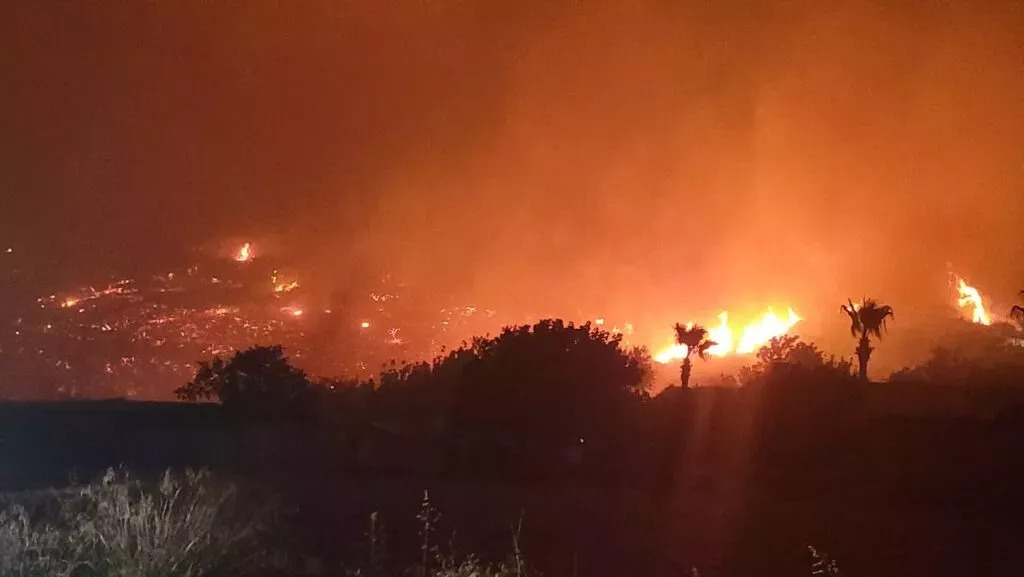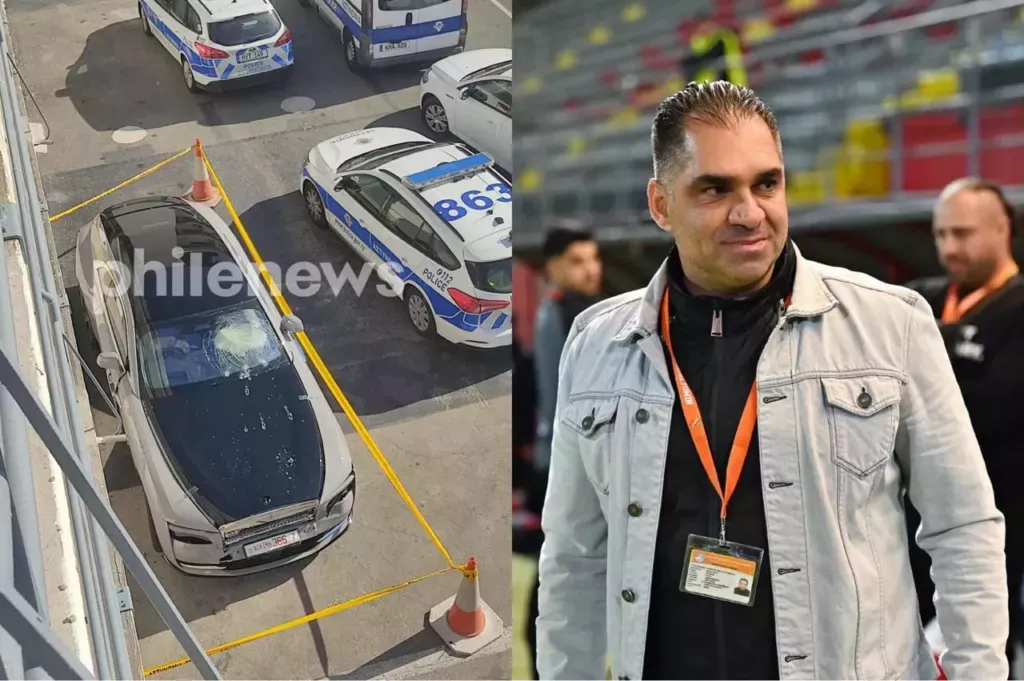Mari was not an isolated accident
Source: in-cyprus.com
The explosion at Mari Naval Base in July 2011, which killed 13 people, marked a turning point. For the first time, thousands took to the streets for days, sending resounding messages to the government of the day.
Though it remained in power, it paid the price—the party that supported it never managed to shake off responsibility or heal the wounds left by its handling of the tragedy.
Memorials were erected for the dead, and annual commemorative events are held. Beyond their exploitative nature, these aim to remind us: “never again”.
In other words, “we understood what went wrong and will ensure it does not happen again”.
And “never again” does not simply mean never leaving containers of explosives in the sun whilst hosing them down with water. It means ensuring tragedies do not occur through negligence, deficiencies, poor organisation, or wrong risk assessment.
Yet we have learnt nothing. A fire that started in a village (whether by arsonist or through recklessness) was not tackled promptly and effectively.
Consequently, it spread and burnt 125 square kilometres across 17 villages, causing incalculable damage to private property, two deaths, dozens of injuries, and enormous ecological destruction.
July is not to blame; this was not an unlucky moment. We cannot invoke what happens elsewhere as an alibi.
Cyprus’s landscape is not the vast expanses of Canada. Mallia and the other Limassol villages do not have the access difficulties of Spain’s or Greece’s mountains. This is not California.
Naturally, we do not have the same resources. But we could have them. We could, by examining examples from other countries threatened by climate change, assess the risks and take measures.
However, the government’s priorities lie elsewhere. Above all, those in power appear to lack understanding. Because when, a month earlier, the government spokesman assured us we were more ready than ever from a fire-fighting perspective, he was either lying or had no grasp of what “more ready than ever” means.
Beyond the obvious deficiencies in firefighting equipment and personnel, even simple things were not done. Time and again we discover illegal rubbish dumps in the countryside from which fires often start. How difficult is it, in cooperation with local authorities, to solve this problem?
Time and again we discover a lack of coordination between competent services. How difficult is it to finally achieve coordination? What role does Civil Defence—which just weeks ago assured us we even have shelters—play in times of crisis?
The funds that will be allocated after the fact for damage restoration (damage that cannot truly be restored) could have been allocated for prevention.
Enough words. We need action immediately.
The original article: belongs to in-cyprus.com .



